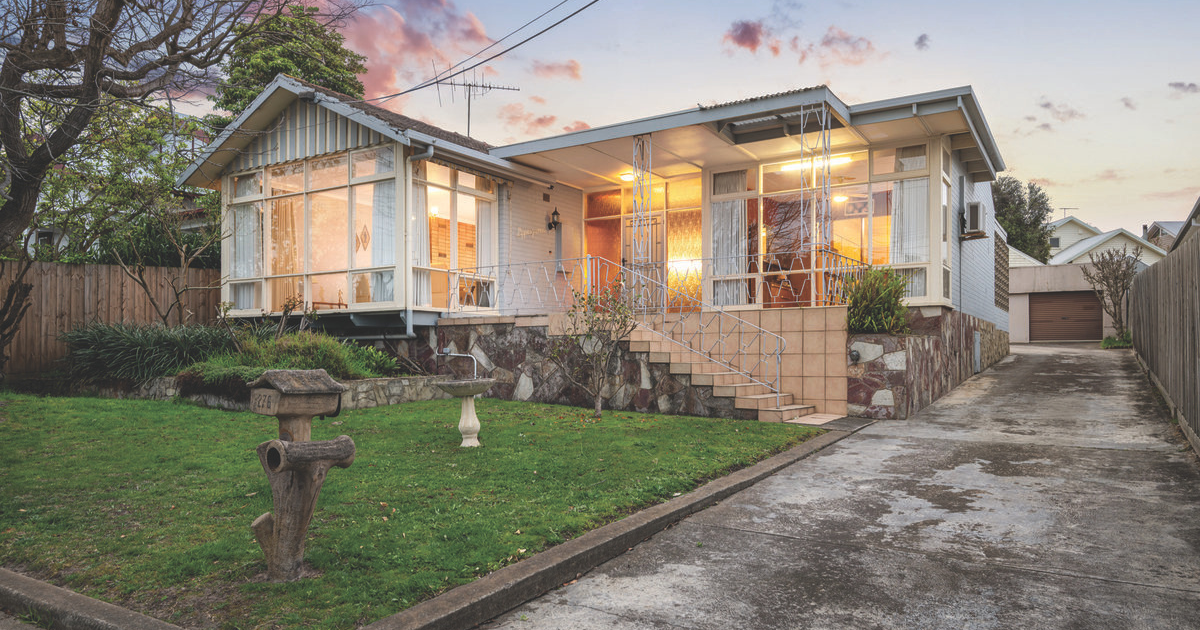Not happy, Jan

The HIA believes that the consequence of these new fees will see investors withdraw from the Australian market
It looks like the industry is not swallowing the federal government’s pill that foreign investment is contributing to the housing crisis.
The Housing Industry Association (HIA) is one of many industry peak bodies and commentators to jump on the announcement made by Treasurer Jim Chalmers regarding the government’s plan to hit up foreign investors as a measure to improve housing supply for Australians.
In response to this proposed new impediment to housing investment, HIA chief economist Tim Reardon said more foreign investors would increase housing supply, not more taxes.
“In order to address the acute shortage of housing stock, governments need to attract more foreign investment, not increase taxes on them.
“There are two very common misunderstandings about the shortages of housing in Australia. One is that there is a large volume of vacant homes; the second is that foreign investors are the cause of the housing shortage.
“Each census the Australian Bureau of Statistics reports that around 10 per cent of homes were vacant on census night.
“Around half of these ‘vacant homes’ are people away from their primary residence on census night as they are on holidays, some are for sale, some being renovated or are in regional areas away from employment opportunities.”
The HIA cites ABS data that shows around 10 per cent of homes are vacant in each census since 1986, this figure is consistent with other developed economies and is not the cause of Australia’s housing shortage.
Mr Reardon said it was a fallacy to think that 10 per cent of homes were unoccupied and unhelpful for policy-makers to suggest that homes are being withheld from the market when a core problem is that governments continue to increase tax imposts on hew homes.
“Secondly, since 2015 a range of punitive taxes have been imposed on foreign investors by state and federal governments.
“The consequence of this is that these investors have withdrawn from the Australian market, and this is a key reason why the volume of apartments commencing construction is now almost half of what it was in 2016. If governments tax something, there will be less of that item.”
The federal government justification for the new fees is part of their plan to help boost Australia’s housing stock and provide more homes for Australians.
The proposed higher fees for the purchase of established homes, increased penalties for those that leave properties vacant, and strengthened compliance activity is a move the government says will help ensure foreign investment in residential property is in the national interest.
At the same time, the government will cut application fees for foreign investment in build-to-rent projects to support the delivery of more homes across Australia.
The changes recently announced include a tripling of foreign investment fees for the purchase of established homes; a doubling of vacancy fees for all foreign–owned dwellings purchased since May 9, 2017 (which together mean a six–fold increase in vacancy fees for future purchases of established dwellings); and enhancing the ATO’s compliance regime to ensure foreign investors comply with the rules, including selling their residence when required.
The HIA says foreign investors build new homes but don’t live in them, then cannot take them out of the country and are central to addressing the shortage of housing in Australia.
Mr Reardon said they were the key to addressing the inequity that falls hardest on Australian renters.
“One in 10 Australian detached homes are built by a foreign owned company, these companies are finding it increasingly difficult to invest in Australia and build new detached homes, due to the punitive tax’s governments impose.
“In order to address the acute shortage of housing stock, governments need to attract more foreign investment by reducing the tax impost, they need to stop increasing the cost of building new homes by imposing additional regulatory and tax imposts and they need to assist local councils to invest in infrastructure.
“Changes announced in this year’s federal budget will assist domestic institutional investors to build new homes in Australia, but they have not yet filled the space left vacant by the exit of foreign investors from the Australian market.”

















